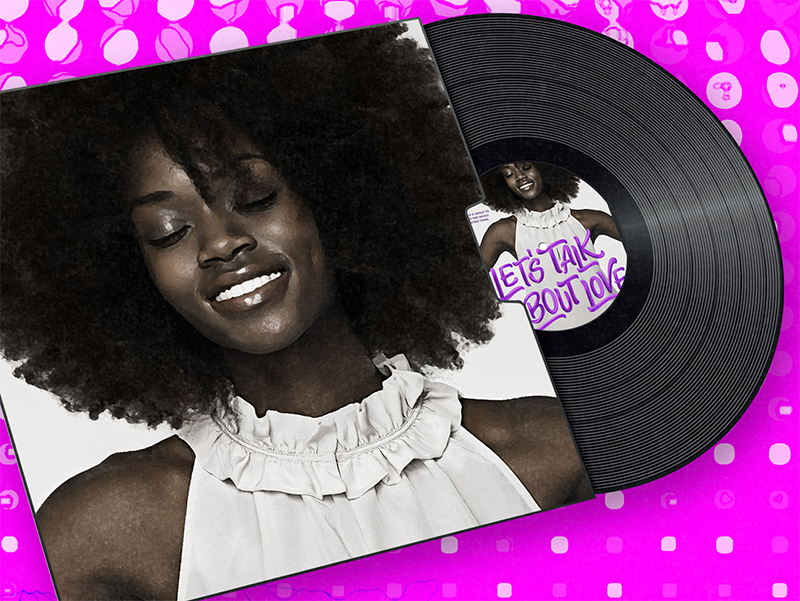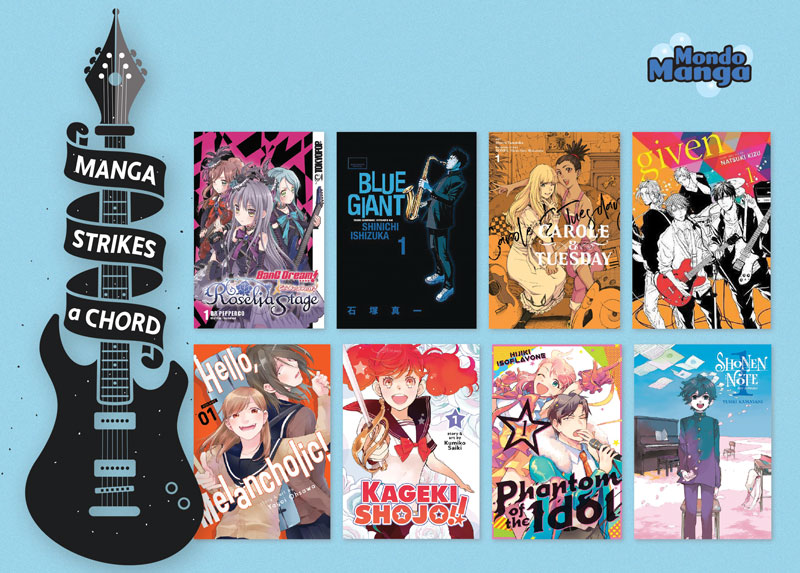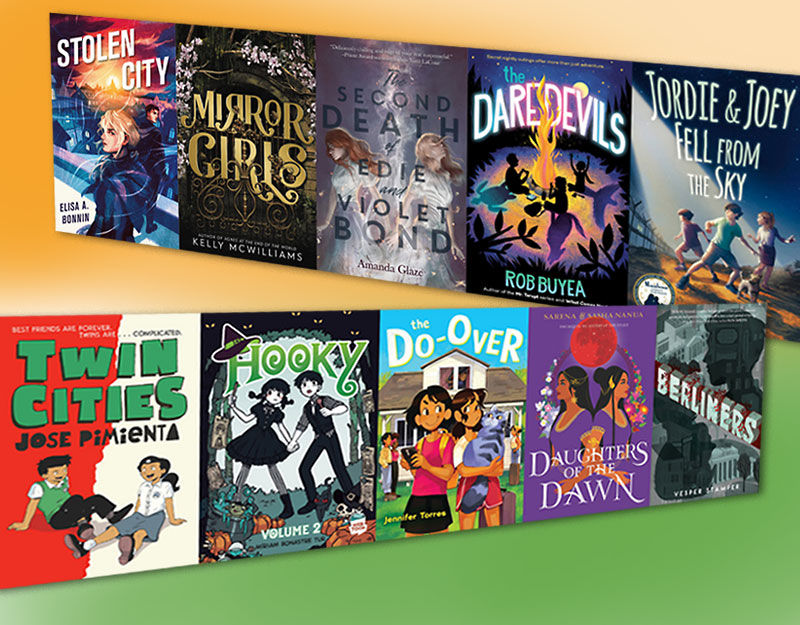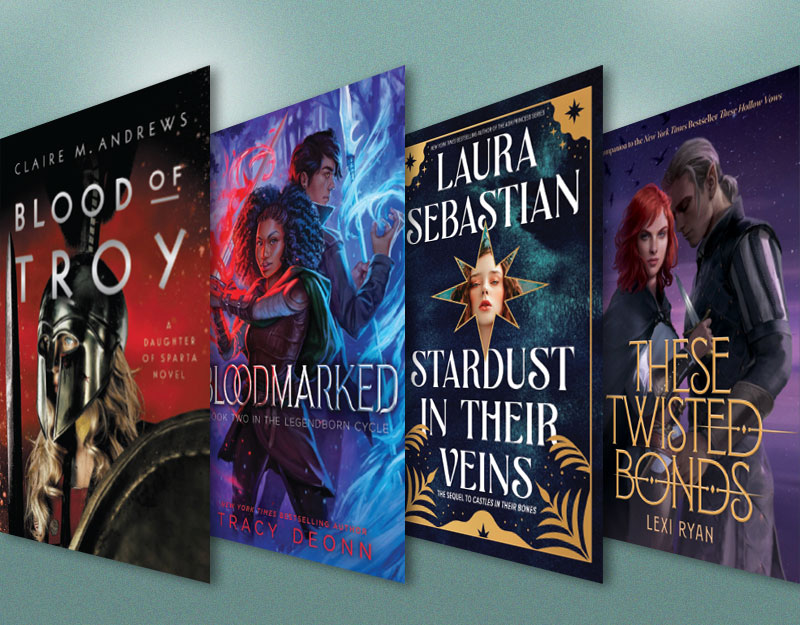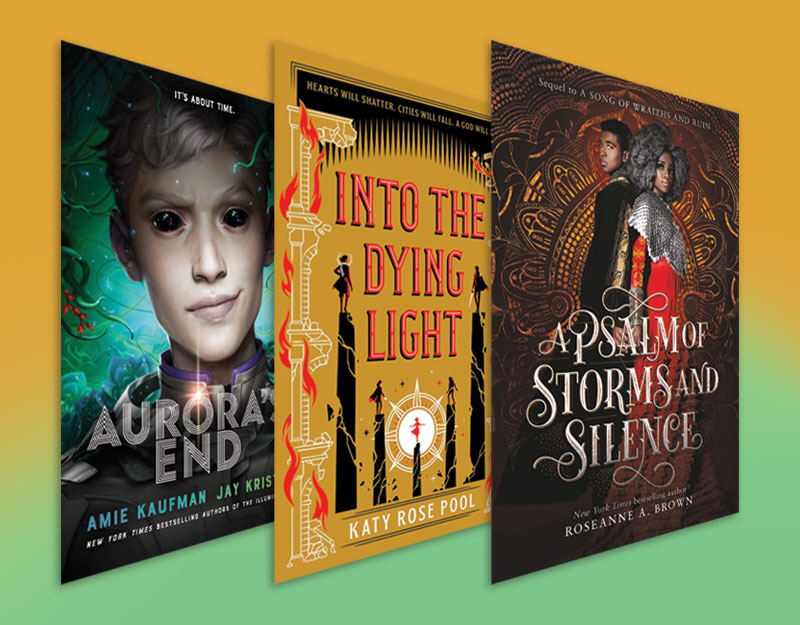How Writing YA Novels Helped Me Find the Forgotten Parts of Me, a guest post by Sabina Khan
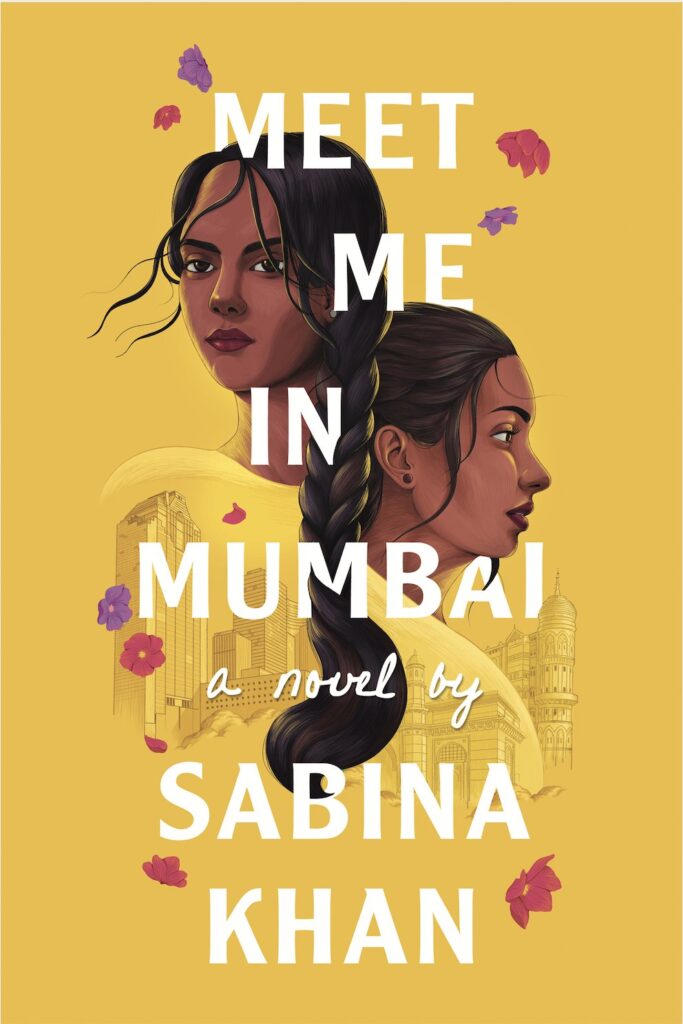
I was probably 10 years old when I watched my first Bollywood movie and I’ve been hooked ever since. Most of my friends made fun of the cheesy dialogues and musical numbers, but the dazzling outfits, stunningly beautiful heroines and haunting lyrics had me completely hooked from the first moment. I became an undiscerning consumer of Bollywood films, waiting impatiently for the time when the latest movies would become available on VHS, since they weren’t allowed to be shown in theatres in Bangladesh when I was growing up there. At the same time, I watched Hollywood movies with equal enthusiasm, eager to learn about the lives of ordinary teens in America.
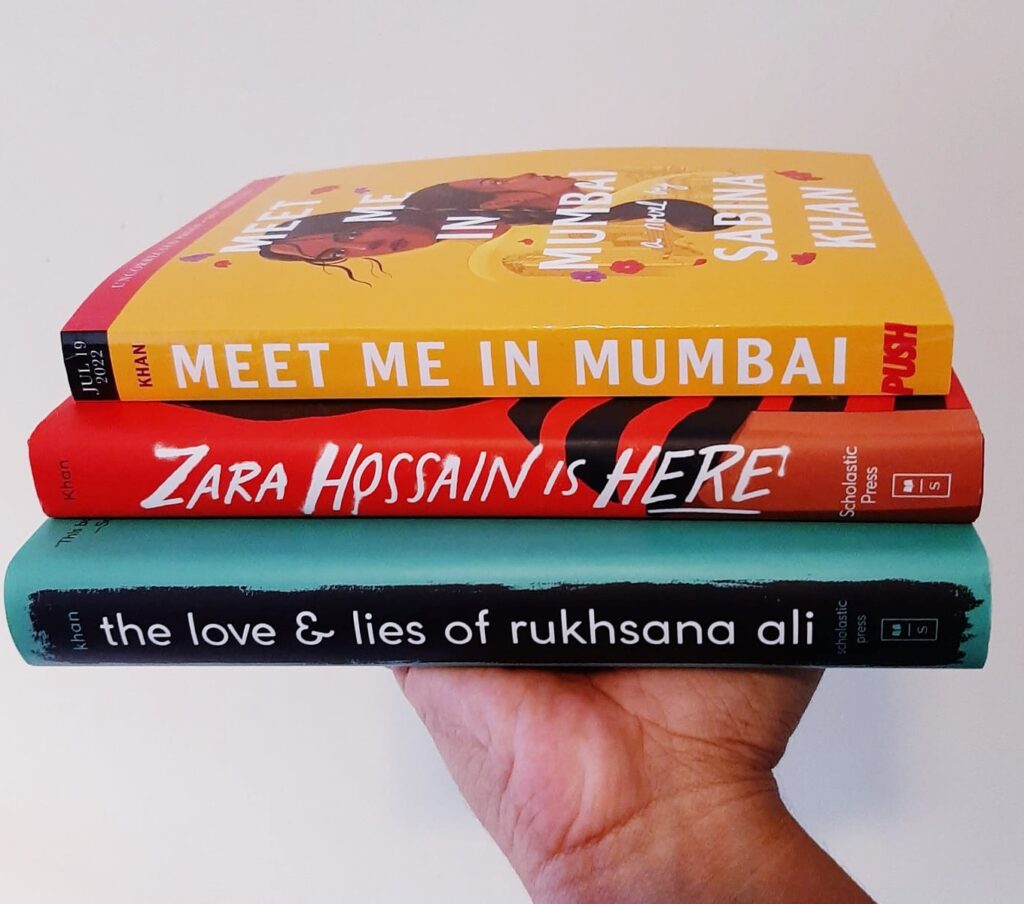
Fast forward a decade and a half and I was living in the US in the 90s with no easy access to Bollywood films and no real representation in books or other media. It was very lonely, feeling as if no one could see the real me. Instead, I presented a version of myself that was easy for my neighbors and acquaintances to accept, someone who wasn’t too foreign, but just enough to seem interesting. I was trying to build a life with my young family and that seemed to be the right way to fit in at the time. But I missed the unannounced drop-ins of friends and relatives, the dinners that lasted for hours and the week-long weddings when aunts and cousins descended upon one relative’s home and we all stayed up late into the night, laughing and singing while preparations were going on. I missed the melodrama of Bollywood movies which was sometimes not that different from the real life drama of our families. There were times I was desperately homesick, even though I also loved the new life I was building.
ADVERTISEMENT
ADVERTISEMENT
What I really missed was the old me, the one who had set out from Bangladesh in search of higher education and adventure. Somewhere along the way, I changed, as one does. Then, suddenly, I found myself the mother of teenagers whose lives were so completely different than my own teenage years that it made me wish for ways I could share that part of myself with them. Sure there were childhood stories and vacations to the motherland, but it wasn’t the same because they were rushed and hectic and someone always got sick. Everything is different when you bring your family home to visit. It’s a novelty and you only get a glimpse of what life is really like there.
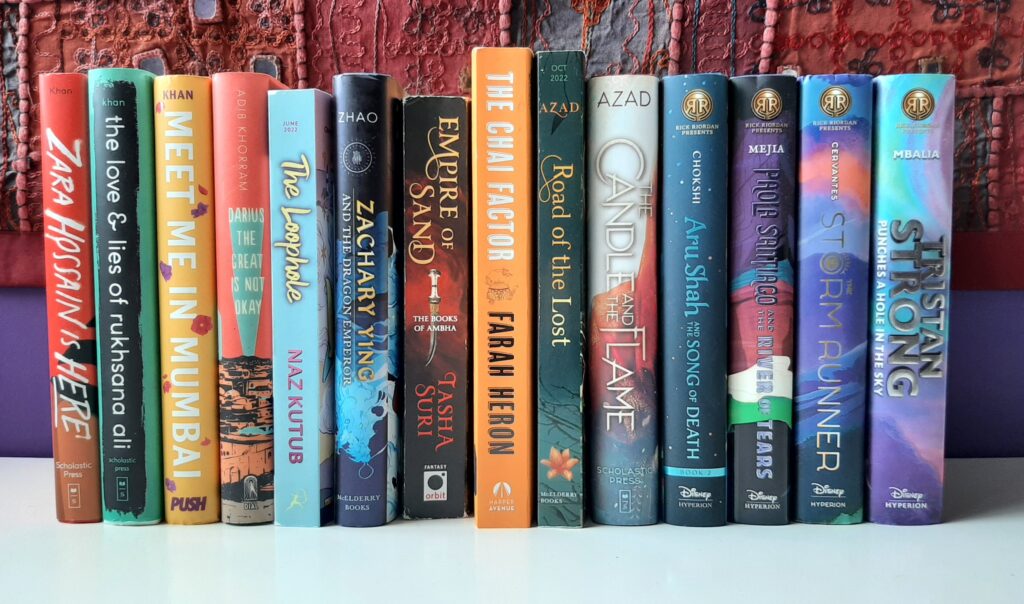
Books became an important part of bonding with my daughters as we discussed our favorite ones. Young adult literature was new to me and I loved discovering these fresh, bold voices along with my children. As we talked about the experiences of the young protagonists in the books we read, I realized that my daughters rarely saw representation of themselves in books or media, the same way I never did. And as we bonded over how invisible it made us feel, an amazing thing began to happen. We started to talk about the kinds of stories we would love to see ourselves in, stories of teens who are immigrants and children of immigrants, whose lives are a blend of two worlds, sometimes even more and how cool it would be to see our experiences in books. As I slowly began my journey to becoming an author, I would share my ideas with my family and it was a wonderful experience to hear their thoughts and ideas. At the same time, more and more books about teens like them were becoming available and it was truly amazing to witness their joy at finally seeing themselves reflected in the stories they were reading.
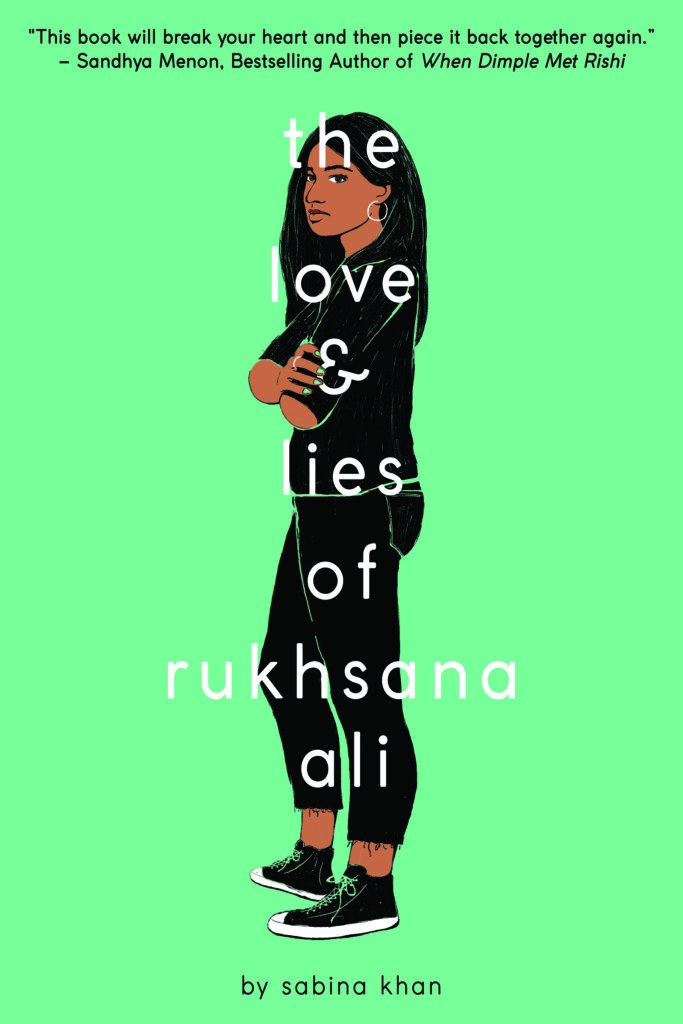
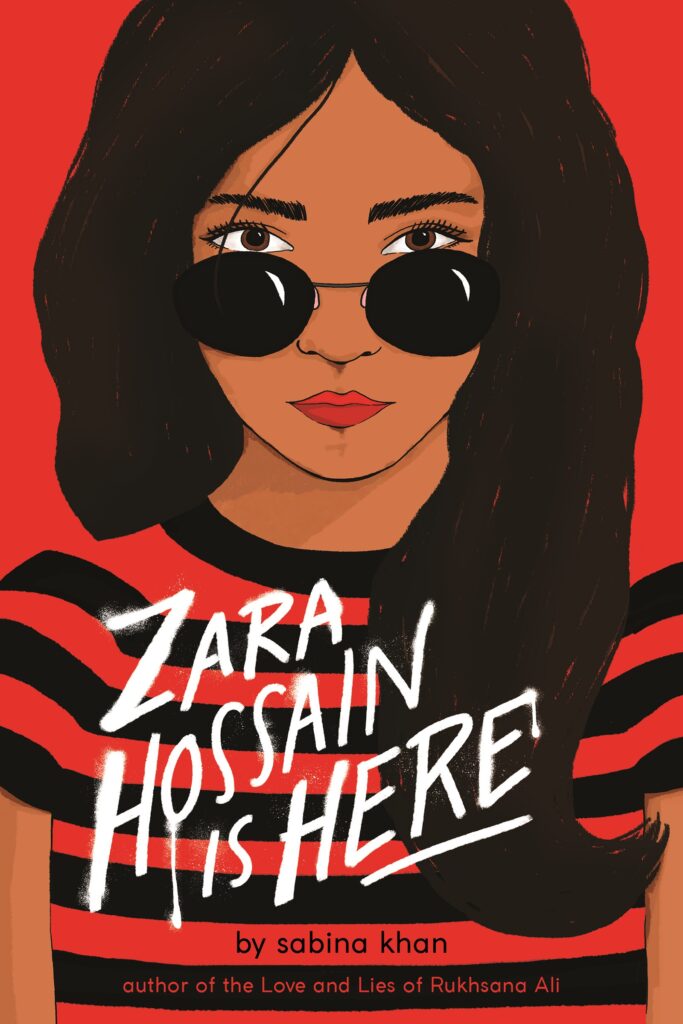
Today, what I love most about writing stories for teens like my daughters is that I’m also writing for the teen I used to be. I’ve finally found a way to take those pieces of me I thought were lost and bring them back to life in characters who are bold and adventurous, who take on the challenges of their world and who fight back and try hard to carve out a space for themselves where they are accepted for who they are. It’s an ongoing struggle for me and for my daughters and people from marginalized communities everywhere. And now with the current climate of book banning and anti-abortion laws and Don’t Say Gay bills, it feels like for every step forward there are four steps back, so the ability to freely read and write stories about us feels fleeting at best. If we cannot discuss and introduce diverse literature to young people in schools and libraries anymore then how can we expect them to develop empathy and an understanding of what it’s like to be in someone else’s shoes? I have always enjoyed sharing books and ideas with my young students in my work as an educational consultant for over twenty-five years. But now there’s always a shadow of doubt hanging over me and I’m saddened by the lost opportunities for my students and for myself to have meaningful discussions about vital topics like race, identity and sexuality and many others. And I know from conversations with librarians and educators that their jobs have become infinitely more difficult as they strive to offer guidance and support to all their students. I am immensely grateful to all these brave individuals who are committed to providing a safe space for all young people and who sometimes take great risks to do so given the current restrictions they have to work under. Most of all, I’m more determined than ever to create characters and stories that represent the identities and lives of people who have always been and continue to be marginalized. We deserve better.
Meet the author
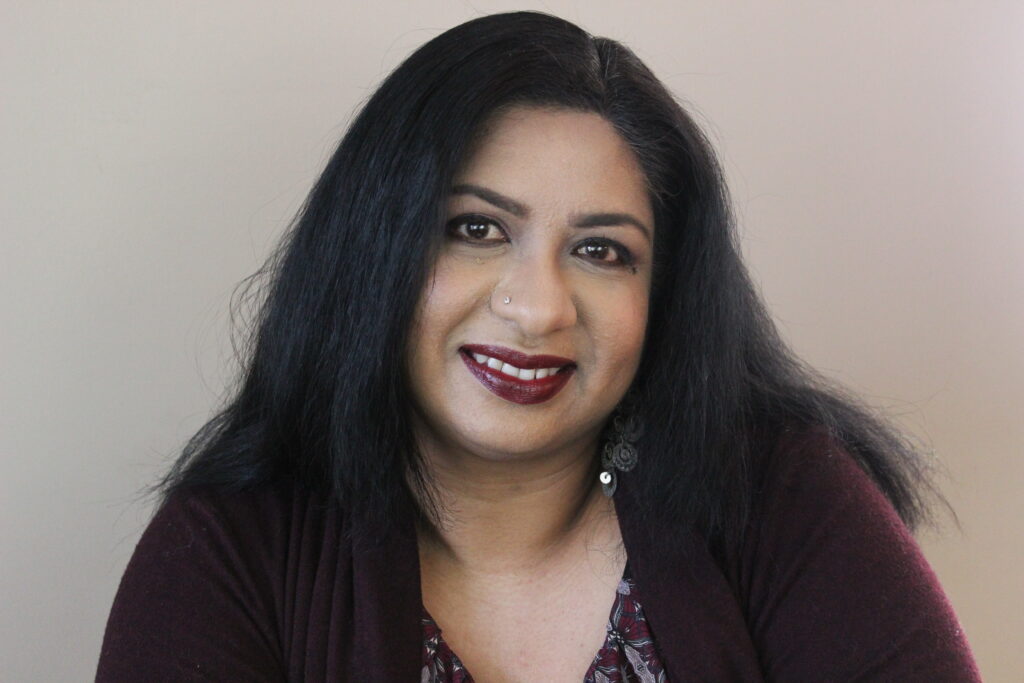
Sabina Khan is the author of The Love and Lies of Rukhsana Ali, Zara Hossain Is Here and the upcoming Meet Me In Mumbai. Her books have been featured in Oprah Magazine, Teen Vogue, The New York Times Review, NBC and the BBC. She grew up as a bookworm, but never saw herself reflected in the books she read. As an adult, she read books with her daughters and found that hardly anyone was telling stories about girls, who like her daughters, were from one culture but living in a very different one. A South Asian Muslim immigrant, Sabina was born in Germany, raised in Bangladesh and now lives in British Columbia after having lived in Macao, Illinois and Texas. She holds a bachelor’s degree in Political Science from Illinois Wesleyan University and works as an Educational Consultant. By night, she is a karaoke enthusiast and puppy wrangler.
https://linktr.ee/SabinaWriter
Twitter: @Sabina_Writer
Insta: @sabina_writer
About Meet Me in Mumbai
Two generations, eighteen years apart
Ayesha is a world away from home when she meets the boy of her dreams. Like her, Suresh is from India but going to high school in Illinois. Once they get together, they are inseparable… until a twist of fate takes Suresh back to India right when Ayesha discovers she’s pregnant. Suddenly she feels she’s on her own, navigating the biggest decision she’ll ever make.
Seventeen years later, Ayesha’s daughter Mira finds an old box with letters addressed to her from her birth mother. Although Mira loves the moms who adopted her, she’s intrigued to discover something more about her history. In one letter, Ayesha writes that if Mira can forgive her for what she had to do, she should find a way to travel to India for her eighteenth birthday and meet her.
Mira knows she’ll always regret it if she doesn’t go. But is she actually ready for what she will learn?
Meet Me in Mumbai is the extraordinary story of two teenage girls forced to understand the power and the consequences of their choices, and how family can be both formed and found over time.
ISBN-13: 9781338749281
Publisher: Scholastic, Inc.
Publication date: 09/06/2022
Age Range: 14 – 18 Years
Filed under: Guest Post
About Amanda MacGregor
Amanda MacGregor works in an elementary library, loves dogs, and can be found on Twitter @CiteSomething.
ADVERTISEMENT
ADVERTISEMENT
SLJ Blog Network
Name That LEGO Book Cover! (#53)
Cover Reveal and Q&A: The One and Only Googoosh with Azadeh Westergaard
K is in Trouble | Review
Fighting Public School Book Bans with the Civil Rights Act
ADVERTISEMENT



